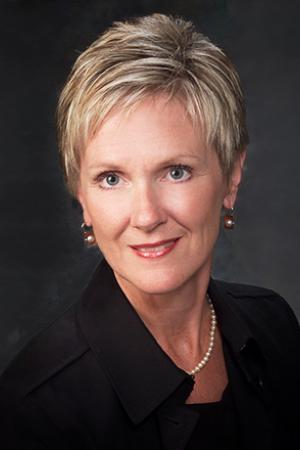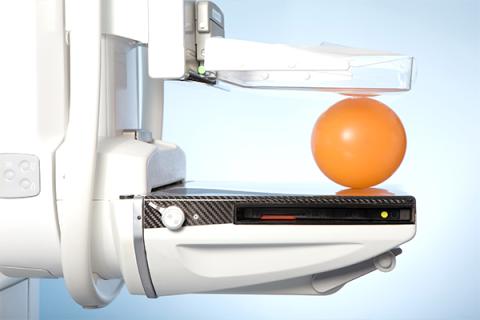Barb DePree, MD
Recipient of North American Menopause Society’s 2013 Certified Menopause Practitioner of the Year for her exceptional contributions to menopause care, Barb DePree, MD, specializes in menopausal medicine, hormone replacement therapy and sexual health. With nearly 25 years in women’s health, Dr. Barb has comfortably answered all the uncomfortable questions of sexual health and the changes that occur as we age.
After completing her Master's in Medical Management, Dr. Barb launched her own website, MiddlesexMD.com, that connects with people across the country and provides additional advice and products for patients. Dr. DePree obtained her Clinical Cancer Genomics Community of Practice Certification through the City of Hope. In addition to being a provider at Holland Hospital Women's Specialty Care, Dr. DePree is also part of the Holland Hospital Breast Care team, seeing patients at Holland Hospital's High Risk Breast Clinic.
Pagination
- Previous page
- Page 2








